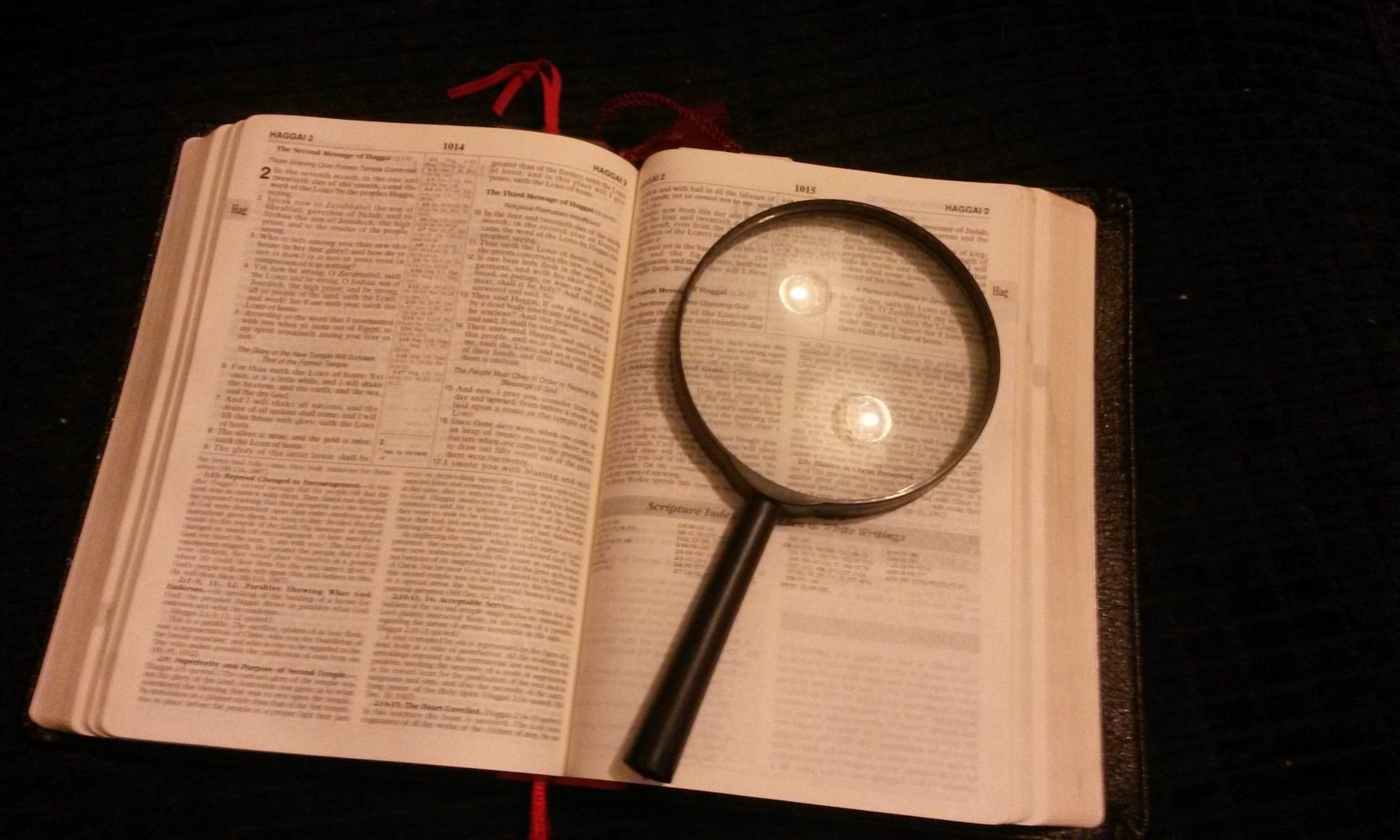The Hebrew Bible – called the Torah by Jews – is the most important book in the Jewish tradition. It is also one of the most important books in the Christian tradition and has impacted the history and unfolding of Western civilization, the Islamic worlds, and global history in countless ways. But what meaning and importance does the Bible have for us today? And how can we read it with 21st century eyes?
The Torah is comprised of the Five Books of Torah (the Chumash), the books of the Prophets (the Nevi’im), and the Writings (the Ketuvim). Later, the Christian tradition added the letters from St. Paul and some of the gospels to the Hebrew Bible forming the New Testament and sanctified it within the Christian tradition.
The various books of the Bible are thousands of years old and are sacred to the Jewish, Christian, and Islamic traditions. The Torah is included in the Jewish and Christian lectionaries and are studied by billions across the Earth.
The question remains how do we read the Bible today? In the age of space flight, the internet, and nanotechnology, what meaning, if any, do ancient manuscripts from thousands of years ago hold for us today? And how does meditation and mindfulness fit in?
Religious Wars
Nearly twenty years ago, I sat a Zen meditation retreat with Claude Anshin Thomas, a peace activist and Zen Priest who came to meditation practice following his military service and experience in Vietnam. Anshin came to town to do a meditation retreat for veterans. While I never served in the military, I was interested in the retreat and tried to sit every retreat I could at the time.
After registering for the retreat and settling in, I went to the kitchen to clean some of the dishes before the retreat began later that evening. Unsure if it was appropriate for me to sit a veteran’s retreat, I saw Anshin getting a snack in the kitchen and decided to approach him about it. I let him know that I was not a veteran and asked if it was still okay I sat the retreat. I will never forget his response, “Who says you are not a veteran?”
Great wars are not only fought between nations. They are also fought between neighbors, within families, and between one’s own two ears.
My “Bible” is Better Than Yours!
Terrible wars have been fought in the name of religion – both between religions and even within the very same religious tradition. This is not unique to the religions of the West or monotheistic traditions, but is common across the entire globe in every direction.
Each religious tradition – Judaism, Buddhism, and others – has both beauty and goodness and its dark and shadowy history. But so do I! And maybe all of us? I don’t believe we are born bad – far from it – though my experience has taught me that we are all capable of manifesting both tremendous good and tremendous evil. This begins with believing the illusion of control and the idea that I must be right.
My sense is that the religious traditions reflect these parts and struggle of ours. Both the beauty and goodness and the dark and shadowy parts of religions are a reflection of the thoughts and actions of each person collectively.
One might think that religion itself is the problem, but I don’t believe so. It can actually be a solution!
A Living Dialogue
The Bible is a living dialogue between the Divine and ourselves through the experiences and life stories of our ancient ancestors. It is a dialogue that continues even today. It is a dialogue that, in many ways, must continue today.
Throughout Jewish history and civilization, the Jewish people have experienced much hardship, challenge, and catastrophe. Yet throughout these times, the Jewish people sought comfort and solace in engaging and remembering their sacred story, finding hope and renewal in them.
One of my teachers, Rabbi Jeff Roth, writes in his most recent book, Me, Myself, and God – A Theology of Mindfulness:
I believe the stories of the Torah were created by people who were examining questions similar to the ones you and I are interested in now. The [Torah] address[es] the inquiries: Who are we? Why is life unfolding the way it is? Where does all this suffering come from, and is there a way out of the mess? What is the role of God in all this? Instead of forming theoretical explanations, our ancestors initially created stories to pass on their insights and wisdom.
How can we engage the Bible in a living dialogue today and find within it meaning and truth for our day and time? How can we remember our sacred story and engage the Bible in an honest and contemplative manner?
Our Life is Torah
In the course of Jewish history and civilization, a rich tradition of Jewish biblical interpretation – called Midrash – emerged by necessity. At each turn of a page in history, the Jewish people interpreted and reinterpreted the Torah turning it over again and again to seek truth and meaning for their day and time.
This is a similar process to the practice of mindfulness and meditation. As each breath comes and goes, we acknowledge and accept just this moment and experience over and over again and embrace this truth and meaning for our day and time.
The foundation for a contemplative approach to reading the Bible is understanding that the Torah is imperfect as we are imperfect. Our practice is accepting this imperfection – our self, others, and God – page by page, moment by moment, breath by breath.
Our very life is Torah; our very life realized is midrash. Whether in meditation, study, prayer, standing in line at the grocery market, or picking up the kids from school, we are always in a living dialogue with the Divine.
Questions to Consider
As you prepare to read the Bible, take some time to sit in meditation before you begin and after you read each text. Follow the words in the text as you follow the breath in meditation. Hold them lightly. As some breaths are longer and shorter, deeper and more shallow, some passages will speak to you more than others. This is okay. Allow yourself to be moved.
Here are some questions you may consider when reading the Bible:
• What does this passage say or teach about you and your life?
• What does this passage say or teach about humanity?
• What does this passage say or teach about God?
• What does this passage say or teach about your relationship with God?
• What does this passage say or teach about your relationships with others?
• What does this passage say or teach about your relationship with yourself and your own life?
One of my favorite writers and inspirations is Abraham Joshua Heschel. In his God in Search of Man, Heschel writes, “The Bible is a seed, God is the sun, but we are the soil. Every generation is expected to bring forth new understanding and new realization.”
Reading the Bible in a meditative way and other contemplative spiritual practices enrich the soil of our lives and spiritual practice and opens us to the living and breathing dialogue with the Divine that is always there. Page by page, breath by breath, we plant a seed for understanding and realization and embrace our life as the wisdom – and imperfection – of Torah.
As always, if you are interested in learning more about Jewish Mindfulness Meditation or how to create a more meaningful spiritual path for you and your loved ones, please make sure to sign up and click the “Stay Connected Now!” button below!
Adam Fogel
www.mindfuljudaism.com

